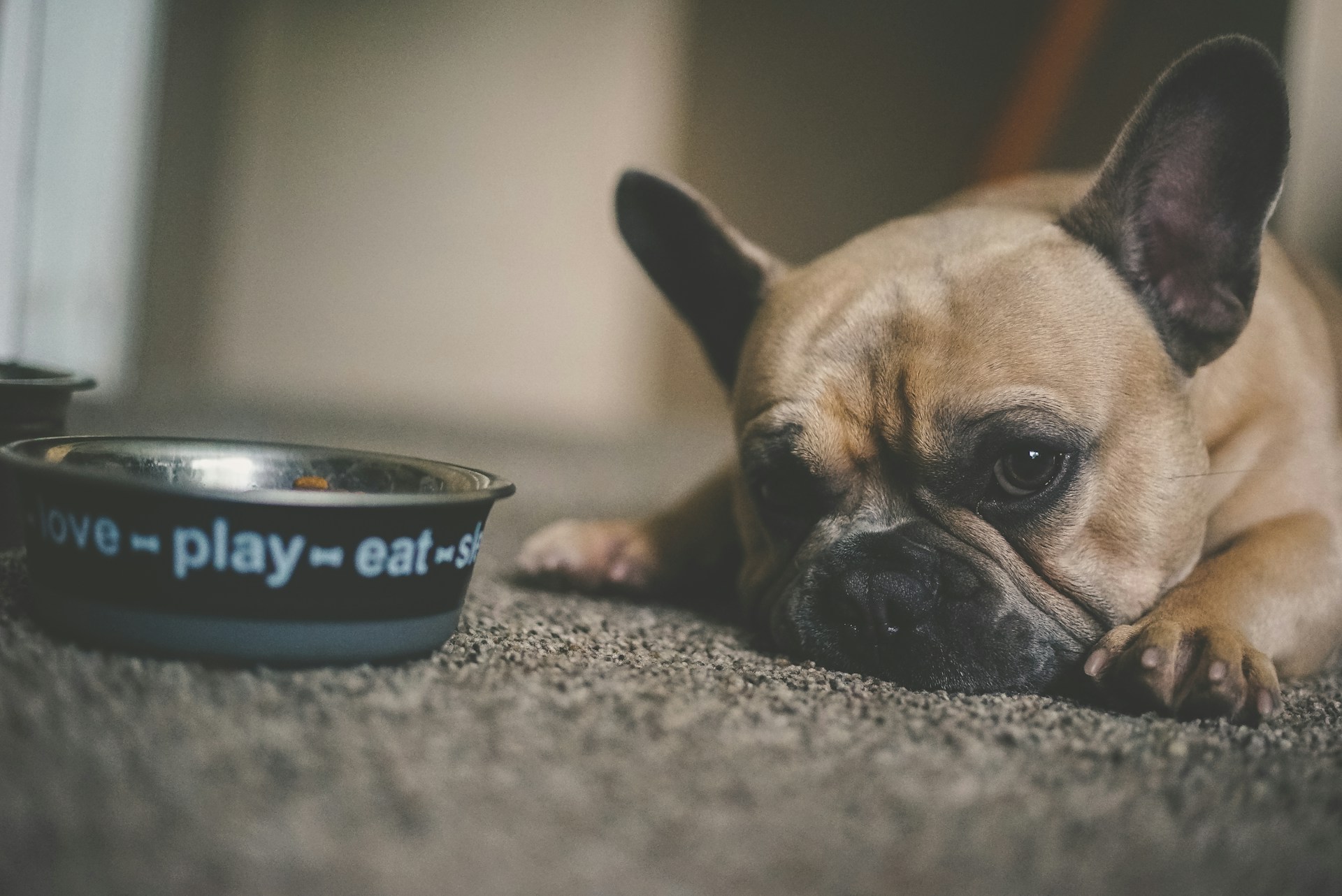
Perhaps a little bit controversial, and some might disagree, but cancer in pets is on the rise, and a largely kibble-based diet could be an influencing factor. And while the role of genetics and the predisposition to cancer cannot be denied, there are important reasons to start looking at what we feed our pets.
Not all dog foods are bad, but there are certain ingredients associated with higher rates of cancer in pets. Chemical preservatives and large amounts of corn are ingredients that increase inflammation, indigestion, and allergies, affecting the immune system and healthy cells. This places both cats and dogs at a higher risk of developing cancer, from tumors to liver and bone cancer. Researchers have already found connections between preservatives in animal feed, such as butylated hydroxyanisole (BHA), and cancer in dogs.
There’s also no shortage of kibble-based diets, with pet brands exploding across the market, each promising better quality, vitality, and health, but most are packed with corn, filler ingredients, and chemical preservatives that were never meant to be a part of a dog’s daily diet.
In 2016, I spoke to a holistic vet who informed me that the majority of his patients were pets with cancer. Due to the influx of dogs and cats receiving cancer diagnoses, he believed that the kibble diet could be a contributing factor.
Whether you speak to friends or family, you’re bound to know someone who has or had a pet with cancer, and that’s a sad reality.
Why is the Kibble Diet a Problem for Dogs with Cancer?
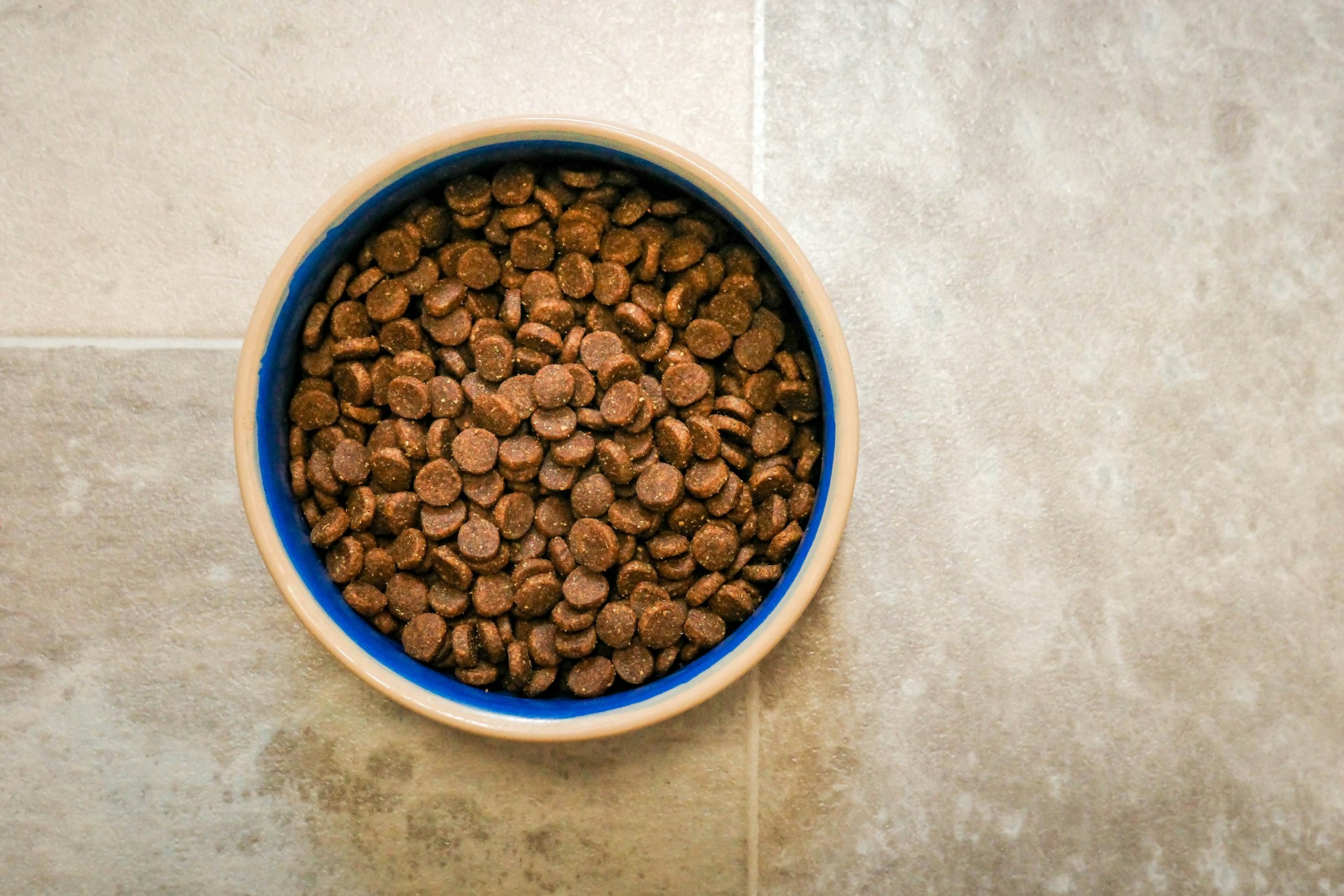
The problem with kibble diets is that they contain large amounts of carbohydrates, such as corn, barley, and sorghum, that are high in starch. Cancer, including cancerous tumors, uses carbohydrates to turn into glucose, which accelerates the metabolic activity of cancer cells. The high intake of carbs can also increase glucose levels in the bloodstream and the reproduction rate of cancer.
A high-carb diet can increase the progression of cancer; therefore, vets encourage a dog cancer diet consisting of high-protein, low-carb, and low-fat foods.
Discuss protein-rich diets with your vet, as not all dogs with cancer will benefit from a primarily meat-based meal plan.
Sasha had a chicken allergy, so whether she was provided fresh chicken or poultry-based kibble, she would suffer from vomiting and diarrhea. Even when she transitioned to fresh meat and vegetable meals, she suffered from gastrointestinal upset. Because of her allergies and very sensitive stomach, we placed her on a kibble diet with fish as the main source of protein and potatoes as the carbohydrates. She was fed dry dog food three times a week and, every other day, received a combination of fresh meats and vegetables. Because she couldn’t fully transition to raw or meat-based meals, the partial kibble diet helped prevent digestive problems while reducing the amount of carbohydrates she consumed.
What Types of Foods Cause Cancer in Dogs?
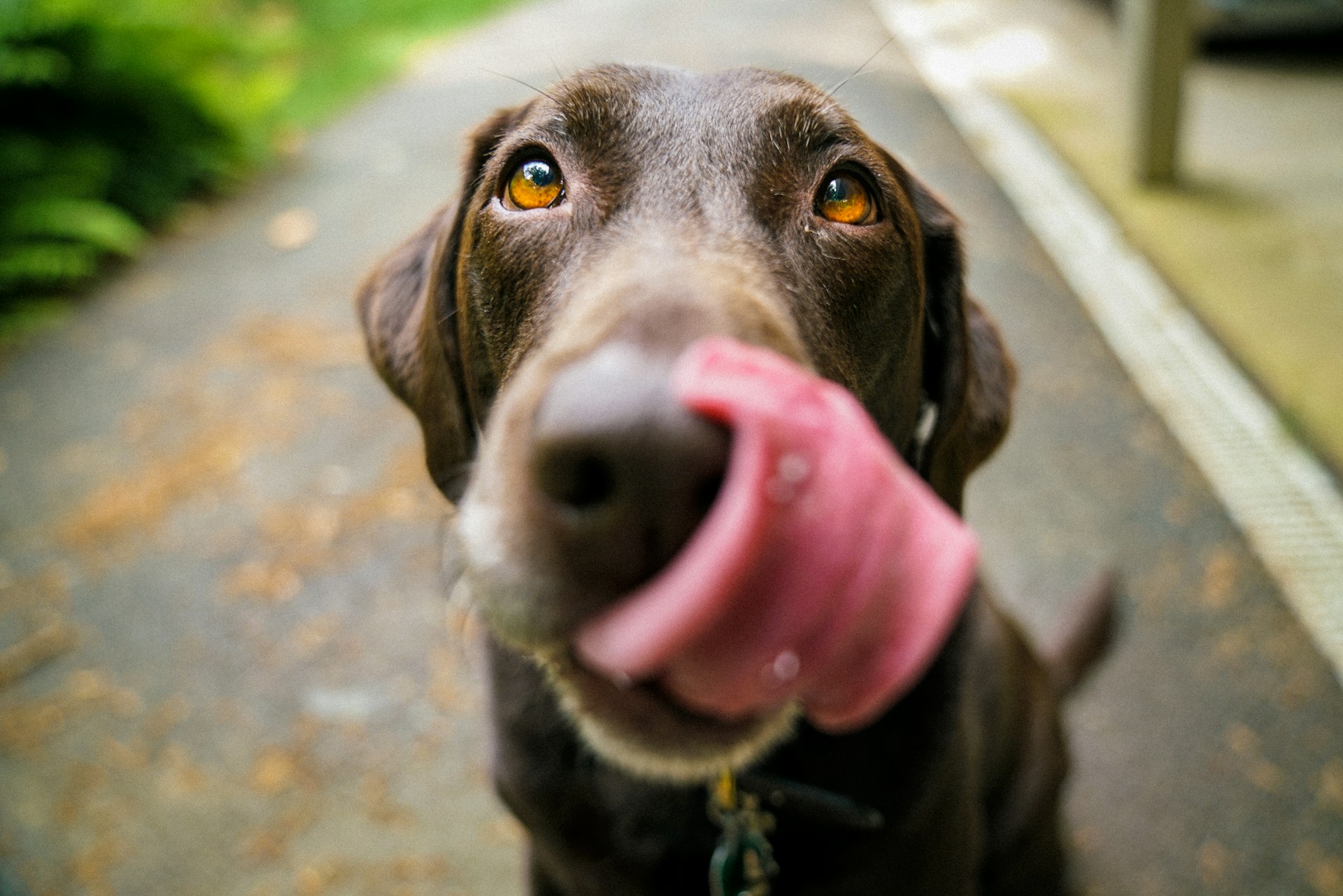
The problem with a kibble diet for dogs is the types of preservatives and additives that are included in these pet foods. Chemical and synthetic preservatives such as BHT and BHA in dog food have been linked to a higher risk of cancer and reproductive problems in pets.
Some commercial brands also contain carcinogens and aflatoxins. Aflatoxin is a mycotoxin that develops in moldy grains found in dog food and increases the risk of cancer in pets.
The only way to prevent exposing our pets to these compounds is through awareness and education. Check the list of ingredients on the packaging of your dog food and learn about unfamiliar terms and chemicals online. This way, you know what you are providing your pets, and you can avoid exposing them to potentially harmful ingredients.
The following list of ingredients has been identified as potentially harmful for pets...
- Carrageenan
Carrageenan is a popular emulsifier that you’ll find in wet dog food products. It is meant to thicken the consistency of the food, but it is of no nutritional value to pets.
- Corn
Corn is a filler ingredient you’ll find in most pet foods because it is considered a source of energy. Corn on its own is not associated with cancer in dogs, but it can exacerbate allergies, digestive upset, and skin irritations in pets. Corn syrup and cornstarch are additives that increase sugar and have no nutritional benefit. For dogs with cancer, these ingredients increase the metabolic activity of cancer cells as they use this source of sugar to spread.
- Bonemeal
Both bonemeal and animal fats may contain sodium pentobarbital, which is a toxic compound.
- Grains
Most dog foods contain some type of grain, whether it be barley, corn, sorghum, or rice. The good news is that grains are not necessarily a bad thing in dog food, and the FDA claims that some grains encourage digestive and heart health. Dogs with cancer can benefit from whole grains in moderation as a source of fiber for healthy digestion, but without large amounts of carbohydrates and starch that feed cancerous cells.
Not all grains are bad, and some of the best choices of grain in dog food include:
- Brown rice is high in fiber and vitamins.
- Millet is a healthy source of fat and antioxidants.
- Sorghum is a source of copper, zinc, and magnesium.
- Barley is a good source of fiber.
Grains to Avoid in Dog Food
- Corn – large amounts of corn can cause allergies and digestive problems in dogs.
- Grain hulls – These are refined products that should be replaced by whole grains.
- Cereal – Cereals consist of a combination of processed grains, and because you cannot tell exactly which grains are included, this listed ingredient is best avoided in dog food.
Is a Grain-Free Diet Good for Dogs?
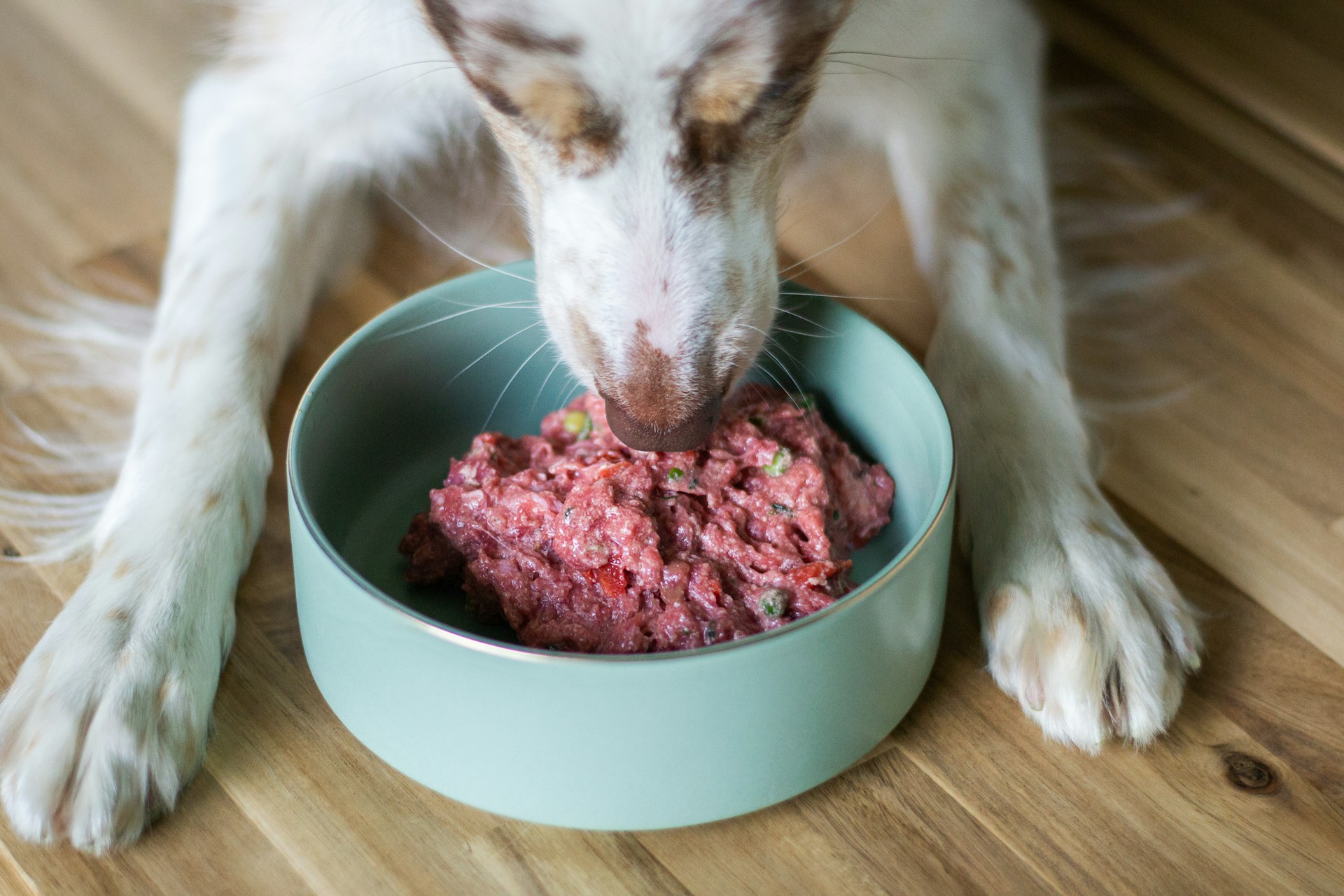
While many people believe that grain-free diets for dogs are best, research has revealed that the risk of cardiomyopathy in canines is higher with grain-free food. It is better to look for high-quality grains that provide nutrition and to ensure that the proportion of grain to protein and fats does not exceed 25% of the actual food.
For pets with cancer, you can reduce grains in their food by considering alternative sources such as peas, brown rice, potato, and legumes.
Peas, potatoes, and brown rice are excellent sources of fiber. Brown rice has a moderate glycemic index (GI), and peas are low GI. These sources of fiber do not lead to a drastic spike in blood sugar, making them ideal for dogs with cancer.
Can a Raw Diet Prevent Cancer in Dogs?
There is no evidence to suggest that raw food diets can prevent cancer in dogs; however, healthier food choices packed with nutrients and without chemical preservatives certainly do wonders for the immunity and the general well-being of pets. Remember that certain types of artificial ingredients, including preservatives, can increase the risk of cancer in pets.
What to Feed Pets to Avoid Cancer
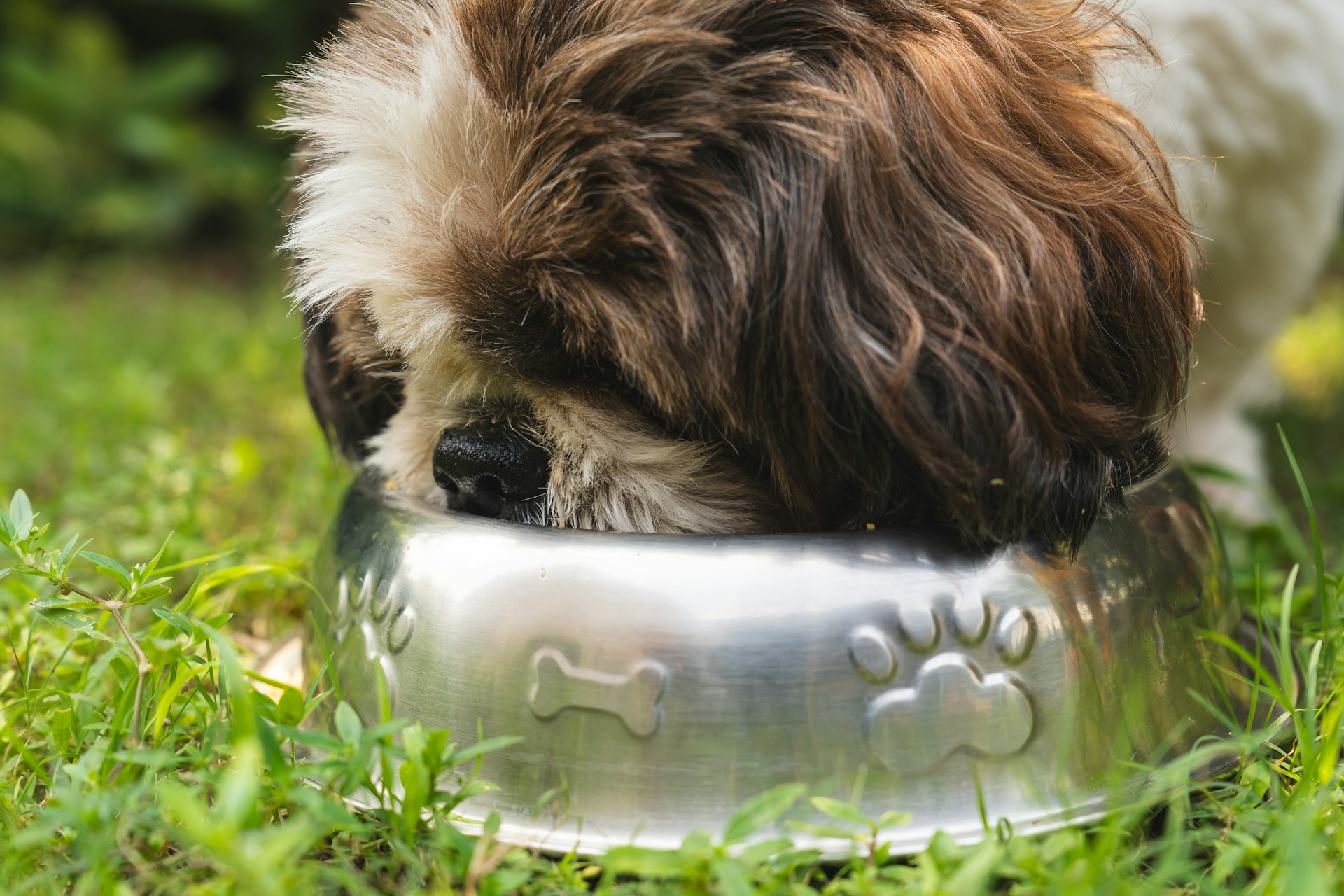
Unfortunately, there is no guaranteed way to prevent cancer in pets, but improving our awareness of the ingredients in commercial dog food and their impact on long-term pet health is the first step to supporting their well-being and longevity.
Reducing the risk of cancer in pets is not about buying the most expensive pet food, either. It is about learning which ingredients are included in your trusted brands and which ones to avoid. You can also incorporate healthy supplements such as salmon oil, water-soluble ascorbic acid, and antioxidants that are lacking in select pet foods and that work to improve immunity and healthy cells in the body.
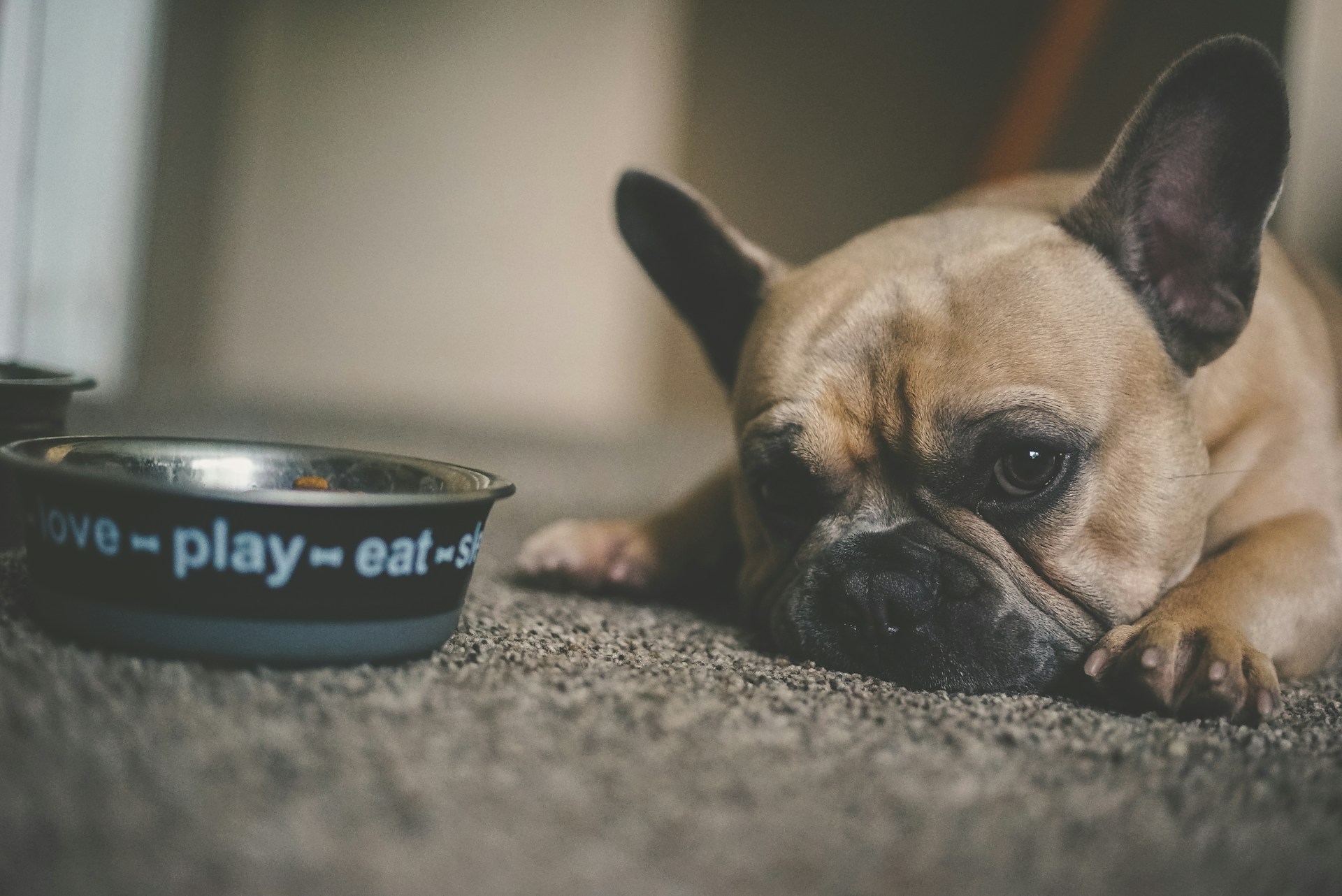
Leave a Reply to Treatments to Manage Your Pet’s Arthritis – A Dog Cancer Journey Cancel reply